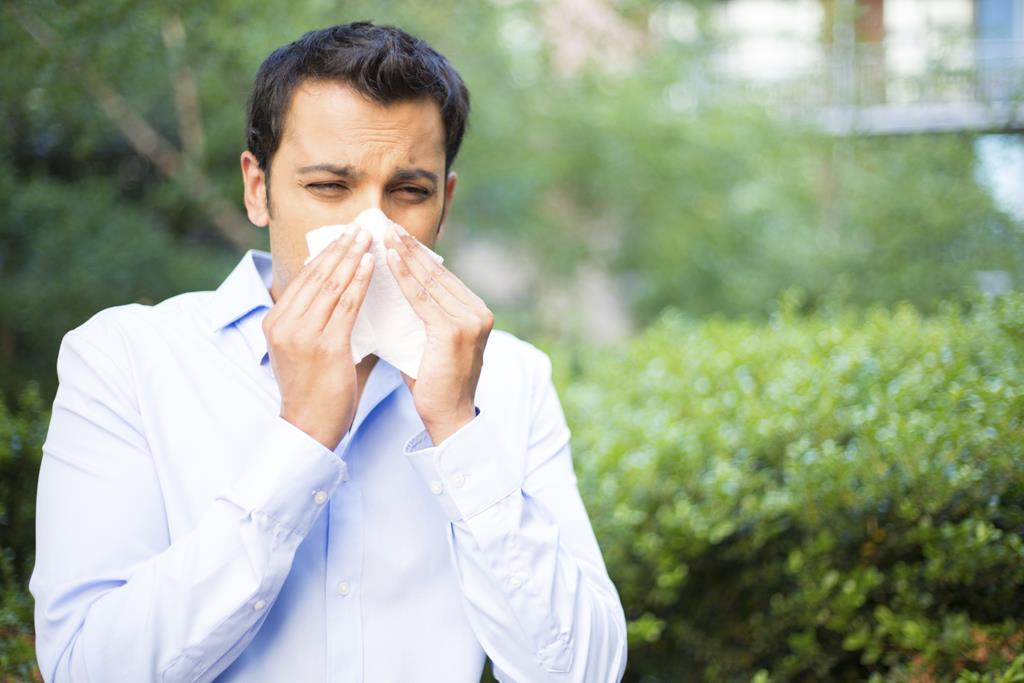Most people have experienced nose and sinus allergies at some point in their lives. In the US, according to experts, one in five adults have nasal allergies, and it is undertreated, underestimated, and underdiagnosed. Sometimes it can be a challenging task to deal with allergies, but this article will provide a guide to dealing with nose and sinus allergies.
An allergic rhinitis is a group of symptoms affecting the nose. These symptoms may occur when you breathe in allergic things such as animal dander, dust, or pollen. Additionally, you may experience the symptoms after eating foods that are allergic to you. Since allergic rhinitis is a trivialized disease, it cannot kill you even though the disease can cause a tremendous amount of suffering and sickness.
Notably, sinus problem can occur because of nasal allergies. Sinuses are hollow cavities located in your skull and are connected to the nasal passages. Swelling of the mucous membranes can be triggered by allergies leading to blockage of the sinuses. As a result, you may encounter pain and pressure because the sinus trap mucus and air inside and cannot drain.
First, before you deal with nose and sinus allergies, it is important to take allergy symptom seriously. Most people do not take the symptoms very seriously despite the suffering of allergies and their complications. In fact, they get used to chronic sinus problems, mouth breathing, the congestion, disturbed sleep, and fatigue. However, get a diagnosis and treatment before the symptoms get bad since nasal allergies can have a negative effect on your life.
After taking allergy symptom seriously, you can consider treating the condition using over the counter medicine. Such kinds of drugs are ideal for mild allergic rhinitis or symptoms that strike only for a few weeks a year. There are various medications to consider using for treatment of this condition, but it is good to consult a doctor before using any of them. Some of these drugs include antihistamines, decongestants, and steroid nasal sprays. If these over the counter medicines are not giving you relief, you might have to consider using prescription drugs.
Sometimes, allergy rhinitis may require self-care because medications are often used to handle nasal allergies and sinus problems. You can do many things on your own such as control of the environment, nasal irrigation, and keeping your nasal passages moist. Additionally, you can take some precautions such as wearing goggles and a mask if you are going to be exposed to an allergen. Some people do not like treating allergies with drugs. However, if you are such kind of person, you can use supplements like butterbur and quercetin that helps with symptoms of allergy.
However, dealing with nose and sinus allergies is not that easy because irritants such as cigarette smoke or fumes can trigger nonallergic rhinitis that make people assume that they have allergies. Those allergy drugs will not work if an allergy is not caused by allergens. Make sure you get an allergy test before taking any treatment.
Sourced from: Webmd
Photo: Thinkstock

